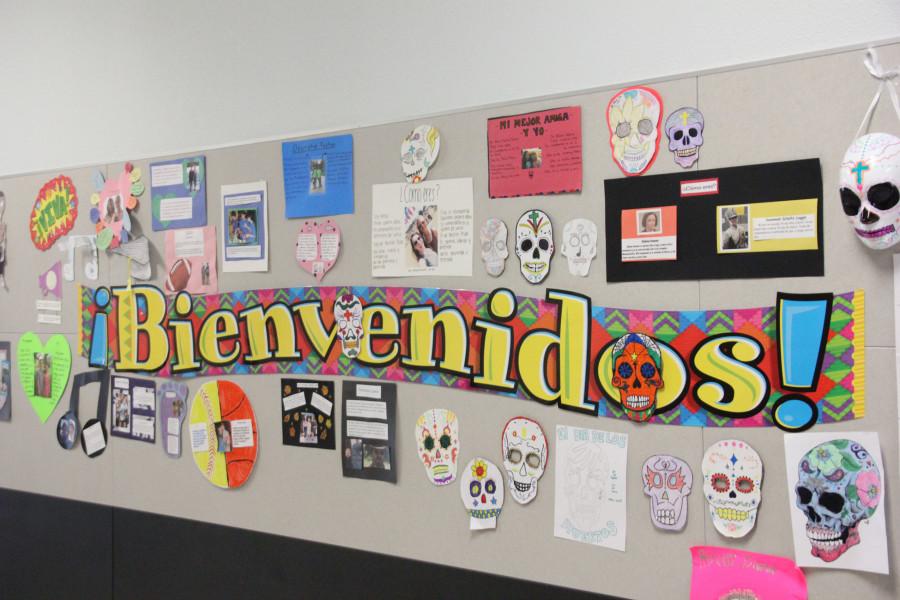Foreign languages: They’re not just for foreigners
November 4, 2015
Humorist Dave Barry once wrote, “Americans who travel abroad for the first time are often shocked to discover that, despite all the progress that has been made in the last 30 years, many foreign people still speak in foreign languages.” Indeed, many Americans tend to view foreign languages as a superfluidity, something to be learned in high school and never to be learned or used again. They say that since most of the world already knows English, being the present international lingua franca, learning a foreign language is only for the globally-minded.
This viewpoint is wrong, for three reasons. First of all, globalization has made many formerly isolated countries increasingly dominant on the world stage. Less than four decades ago, the United States didn’t even have diplomatic relations with the People’s Republic of China. Now, it is the starting place for practically all of our consumer goods, from iPhones to erasers, come from the manufacturing giant. Moreover, the signing of free trade agreements with many Latin American countries has only increased the importance of Spanish, as the plethora of rapidly developing African nations has done for French. Those who hope to find work at any multinational corporation could definitely gain an edge over competitors by learning a foreign language.
Even in the States themselves, the large impact of globalization is apparent through the large amount of immigrants present in our country. The U.S. has the virtue of being one of the most diverse countries, with citizens, and languages, who have origins from across the globe. This is not to mention the numerous languages spoken by Native Americans. Indeed, Hispanics, who primarily speak Spanish as a first language, are set to double in number by 2050. Communication between these widely varying communities have large gaps, thanks to the ever-present language barrier. Learning a foreign language will enable an individual to surmount this barrier, which will only become more important as more and more immigrants arrive on our shores.
The number of practical reasons to learn a foreign tongue is too large to go into detail in this article. But learning another language can also provide the student with a new cultural perspective. Many languages, particularly Eastern ones, have words that have English translations, largely due to the fact that those languages are intrinsically tied to the culture in which they are based. And of course idioms and expressions in a language are invariably linked to the culture. Thus, if you learn a foreign language, you are most likely to learn about a foreign culture as well. In our modern world, such knowledge is becoming increasingly necessary.
As you can clearly see, the ability to speak a second, or even a third, language is a vital asset in our globalized society. So make haste, dear readers, to the nearest foreign language course. Au revoir, adiós, and goodbye.









